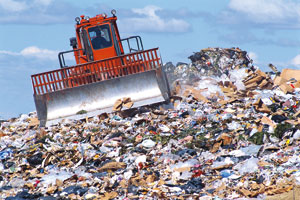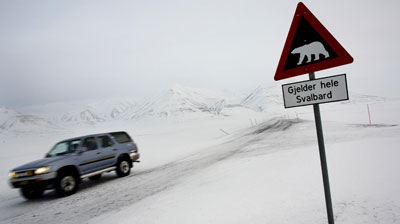
You might think that measuring the levels of greenhouse gases in the atmosphere would be a priority. If you did think that, though, you would be wrong.
In negotiations on nuclear weapons the preferred stance is “Trust but verify”. In negotiations on climate change there seems little opportunity for either. Trust, as anyone who attended last year’s summit in Copenhagen can attest, is in the shortest of supplies. So, too, is verification.


 In 2006 Mario Lebrato and Daniel Jones of the National Oceanography Centre in Southampton, England, were using a remotely operated deep-sea vehicle to study the sea floor near an oil pipeline off Côte d’Ivoire. What they found surprised them. It was a thaliacean graveyard. And its discovery throws into question the received wisdom about one important aspect of climate change, namely how much carbon from the atmosphere ends up at the bottom of the sea.
In 2006 Mario Lebrato and Daniel Jones of the National Oceanography Centre in Southampton, England, were using a remotely operated deep-sea vehicle to study the sea floor near an oil pipeline off Côte d’Ivoire. What they found surprised them. It was a thaliacean graveyard. And its discovery throws into question the received wisdom about one important aspect of climate change, namely how much carbon from the atmosphere ends up at the bottom of the sea.

Recent Comments